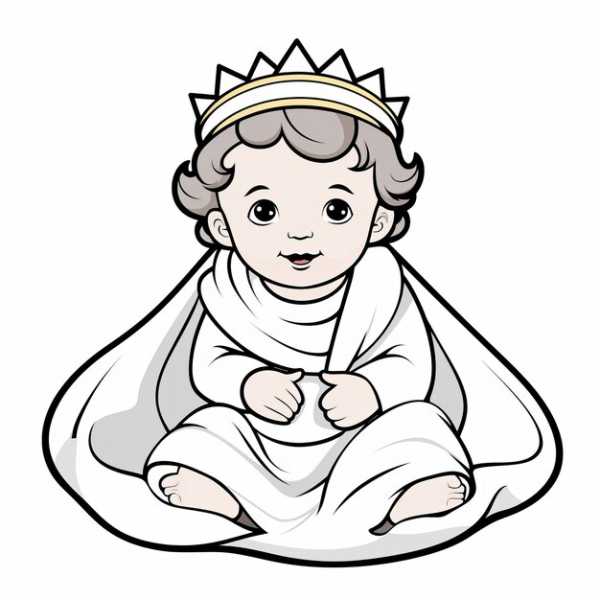本文目录导读:
- The_origin_and_meaning_of_names
- Choosing_the_right_name
- The_meaning_and_symboli_of_names
- Personalizing_the_name
- Conclusion

In the vast tapestry of life, the arrival of a baby is a celebration of life, love, and the divine. For parents, the task of naming a baby is not merely an act of personal preference, but a deeply spiritual and cultural endeavor. The name of a child is more than just a label; it is a reflection of our hopes, beliefs, and aspirations for the future. In many cultures, the name carries profound significance, often tied to the meaning of the surname or the child's destiny. This article explores the art of naming a baby, delving into the cultural, historical, and personal factors that shape the name, and how it can be a meaningful journey of self-discovery.
The_origin_and_meaning_of_names
The concept of naming a baby is rooted in tradition and symboli. In many cultures, the name of a child is chosen with great care, often based on the meanings of the surname or the child's destiny. For example, in Chinese culture, the surname is passed down through generations, and the name is chosen to reflect the child's personality and future life path. The name is also influenced by the parents' hopes and aspirations, as well as the cultural background of the family. In Western cultures, names often have more personal significance, chosen based on the child's appearance, talents, or interests. However, in many cases, the name is also influenced by the meanings of the letters or sounds in the name, which can carry deep cultural and spiritual significance.
The name of a baby is a reflection of the family's identity and values. It is a way to express the family's hopes and aspirations for the child's future. A name can also be a symbol of the child's destiny, representing the qualities that the child is believed to possess. For example, in Hindu culture, the name is chosen based on the child's birth time and the meanings of the letters in the name, which are believed to influence the child's life path. In many cultures, the name is also a way to connect the child to their heritage and roots. The name is a sacred gift that is passed down through generations, and it is a way to honor the family's traditions and values.
Choosing_the_right_name
Choosing a name for a baby is a deeply personal and spiritual process. It is important to consider the child's personality, interests, and future aspirations, but it is also important to pay attention to the cultural and spiritual significance of the name. The name should reflect the family's identity and values, and it should also be meaningful to the child. A name that is too common or unoriginal may not carry the same spiritual significance, and it may not resonate with the child on a deep level. On the other hand, a name that is too unique or unconventional may not be as easily recognized or understood by others.
It is also important to consider the name's meaning and significance in the child's culture and heritage. For example, in Chinese culture, the name is chosen based on the meanings of the letters and the overall meaning of the name. The name should be something that is meaningful and resonates with the child, and it should also be something that is respected and admired by others. In Western cultures, the name is often chosen based on the child's appearance and talents, but it is also important to consider the name's meaning and significance. A name that is too personal or private may not be as meaningful or resonant with others.
In addition to the cultural and spiritual significance of the name, it is also important to consider the name's practical aspects. The name should be easy to pronounce and spell, and it should be something that is easy to remember. The name should also be something that is appropriate for the child's age and stage of life. For example, a name that is too complicated or difficult to pronounce may not be suitable for a young child, while a name that is too simple or common may not carry the same spiritual significance.
The_meaning_and_symboli_of_names
The name of a baby is a powerful symbol of their identity and destiny. It is a way to express the child's personality, interests, and future aspirations. The name is also a reflection of the family's values and traditions, and it is a way to connect the child to their heritage and roots. The name is a sacred gift that is passed down through generations, and it is a way to honor the family's identity and beliefs.
In many cultures, the name is chosen based on the meanings of the letters or sounds in the name. For example, in Chinese culture, the name is chosen based on the meanings of the letters and the overall meaning of the name. The name should be something that is meaningful and resonates with the child, and it should also be something that is respected and admired by others. In Western cultures, the name is often chosen based on the child's appearance and talents, but it is also important to consider the name's meaning and significance. A name that is too personal or private may not be as meaningful or resonant with others.
The name of a baby is also a way to express the family's hopes and aspirations for the child's future. It is a reflection of the family's values and beliefs, and it is a way to connect the child to their heritage and roots. The name is a sacred gift that is passed down through generations, and it is a way to honor the family's identity and beliefs.
Personalizing_the_name
Personalizing a name is an important part of the naming process. It is a way to connect the child to their family, their culture, and their future. The name should be something that the child can identify with and feel proud of. It should also be something that is meaningful and resonant with others. The name should reflect the child's personality, interests, and future aspirations, and it should also carry the cultural and spiritual significance of the family.
In addition to personalizing the name, it is also important to consider the name's practical aspects. The name should be easy to pronounce and spell, and it should be something that is easy to remember. The name should also be something that is appropriate for the child's age and stage of life. For example, a name that is too complicated or difficult to pronounce may not be suitable for a young child, while a name that is too simple or common may not carry the same spiritual significance.
Personalizing the name is also a way to express the child's individuality and uniqueness. It is a way to create a bond between the child and their family, and it is a way to express the family's love and care for the child. The name is a sacred gift that is passed down through generations, and it is a way to honor the family's identity and beliefs.
Conclusion
Naming a baby is a deeply spiritual and cultural process. It is a way to express the family's hopes, values, and aspirations for the child's future. The name is a reflection of the child's personality, interests, and cultural heritage, and it is a way to connect the child to their roots and family. The name is a sacred gift that is passed down through generations, and it is a way to honor the family's identity and beliefs.
In conclusion, naming a baby is not merely an act of personal preference, but a deeply spiritual and cultural journey. It is a way to express the family's love, care, and hope for the child's future. The name is a reflection of the child's personality, interests, and cultural heritage, and it is a way to connect the child to their roots and family. The name is a sacred gift that is passed down through generations, and it is a way to honor the family's identity and beliefs. Naming a baby is a meaningful and transformative experience, and it is a way to create a lasting legacy of love, care, and tradition.







